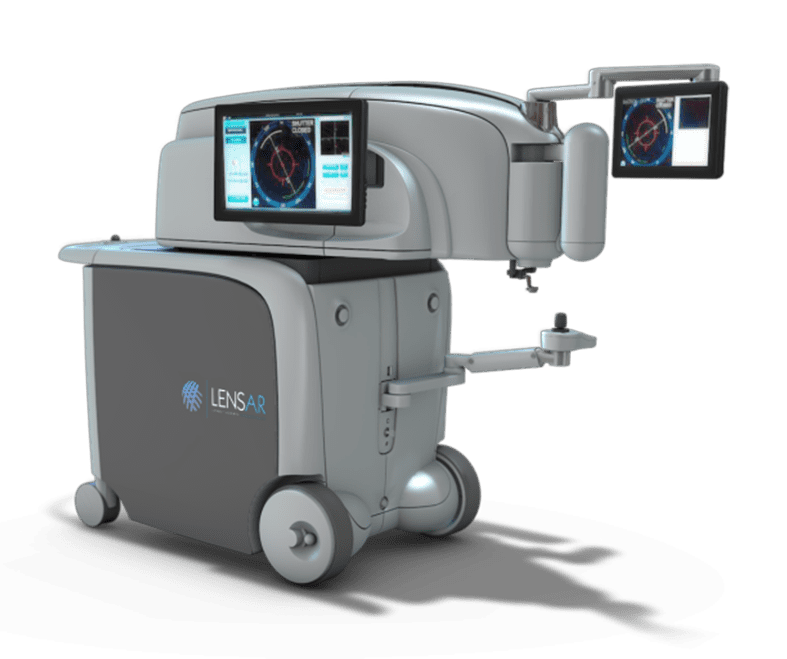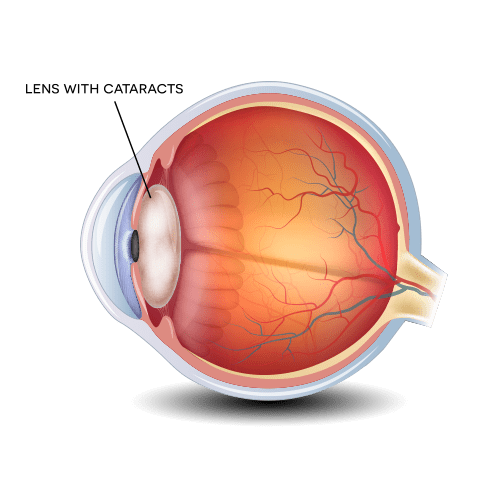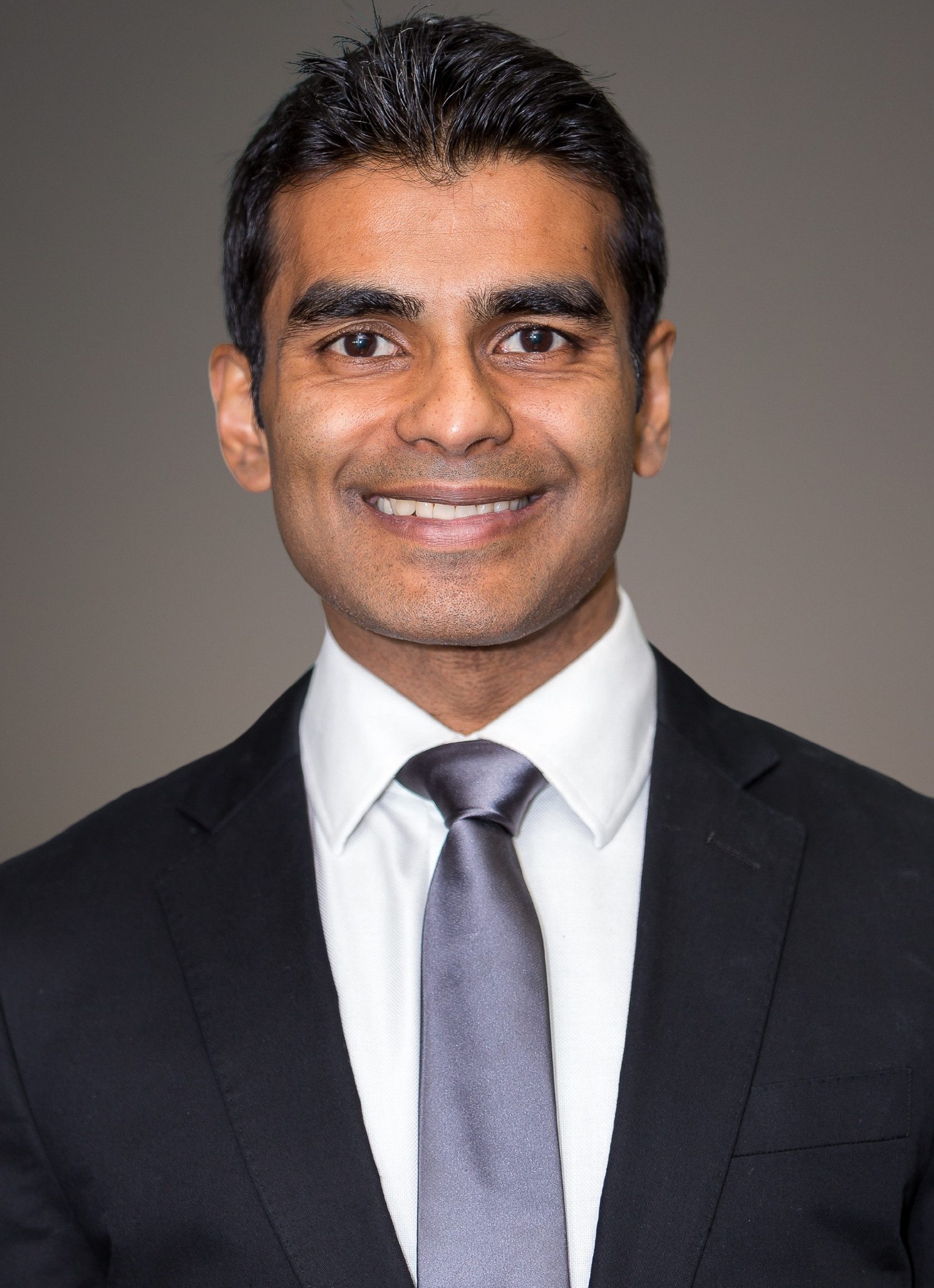Your Cataract Journey Begins Here
Welcome to Florida Eye Specialists & Cataract Institute. We are excited about supporting you to better understand Cataract Surgery and your options for better vision.
We specialize in providing many different options depending on your eyes and the lifestyle you desire post cataract surgery. The first step in the process is your consultation. The consultation will define the recommendation by our staff and your surgeon. During this visit we will provide you a step by step explanation of the entire process leading up to your surgery day.
A cataract is a common condition that causes a clouding of the eye’s lens, and affects millions of people each year, including more than half of all Americans over the age of 65. While more common in older people, it can also be present at birth or caused by medications, disease, trauma, or radiation. This clouding that forms over the lens of the eye can obscure vision. Colors get dim, the world gets blurry, and night driving gets harder. Cataract surgery can fix this problem, restoring eyesight to people. The surgery involves taking out the lens on the eye that has cataracts and replacing it with a clear lens.
Your Cataract Evaluation
This appointment is to measure for the lens implant, go over your consents, answer any questions you may have about cataract surgery, and meet with our surgical coordinator to schedule your surgery.
Please be here promptly for your scheduled appointment time as there will be several different measurements taken to perfectly select the best intraocular lens (IOL) for you. There are different lens options available to improve your vision and reduce your dependence on glasses or contacts. Due to the amount of testing and measurements needed to be taken, you should expect to be with us for approximately 3 hours.
Special Instructions: Preparing for Your Cataract Evaluation
Contact lens wearers must be out of their contact lenses prior to these measurements. The contact lens rests on the cornea, distorting its shape. This distortion will have an effect on the accuracy of the doctor’s measurements of the power of surgical correction needed. Discontinuing contact lens use allows the corneas to return to their natural shape.
- Soft Contacts – must have contacts out for 1 week prior to measurement
- Hard/Gas Perm Contacts – must have contacts out for at least 2 weeks prior to measurement
Start over-the-counter artificial tears (Blink, Thera Tears, Systane, Refresh) 4 times a day, 4 days prior to the cataract evaluation. We cannot get proper measurement with dry eyes.








